Understanding AB1482: Essential Insights for California Landlords
Understanding AB1482: Essential Insights for California Landlords
AB1482 is a critical piece of legislation for landlords and property investors in California. This blog will guide you through the key provisions of AB1482, including rent caps, just cause eviction, and what happens if you miss important deadlines.
🌟 Introduction to AB1482
AB1482 has significantly impacted the rental landscape in California. Understanding its provisions is essential for landlords and tenants alike. This legislation aims to provide stability in rental prices while ensuring tenant rights are protected.
What is AB1482?
AB1482, also known as the Tenant Protection Act, was enacted to address housing affordability and tenant displacement. It introduces two main features: rent caps and just cause eviction regulations. These provisions aim to balance the interests of landlords and tenants, creating a fair rental environment.
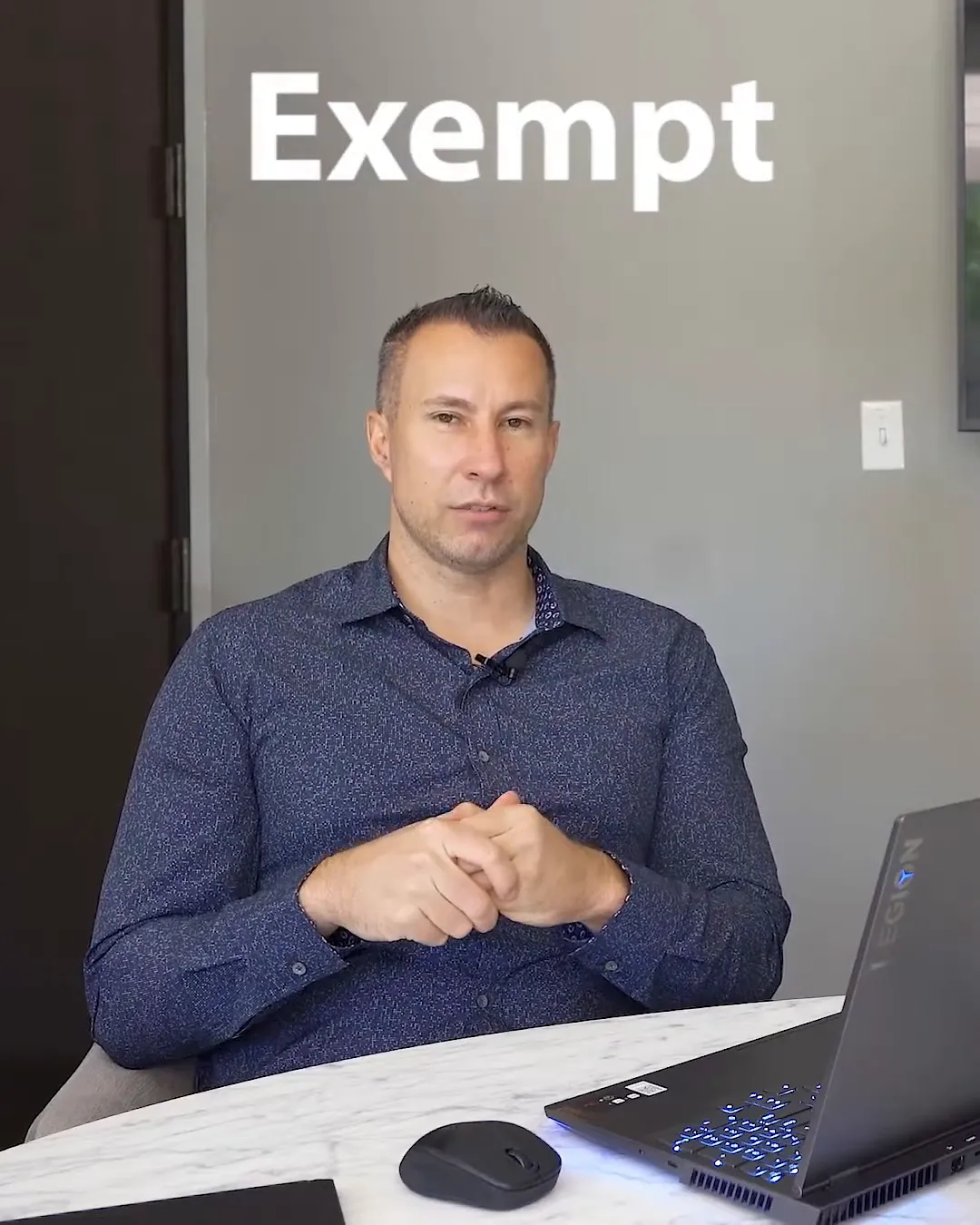
Properties Subject to AB1482
Not all properties are covered under AB1482. The law applies to most residential rental units, including single-family homes and apartments. However, there are specific criteria that determine whether a property falls under this legislation.
- Properties built after January 1, 2005, are generally exempt.
- Single-family homes owned by an individual (not a corporation) are also excluded.
- Government-subsidized housing and certain affordable housing projects are not subject to AB1482.
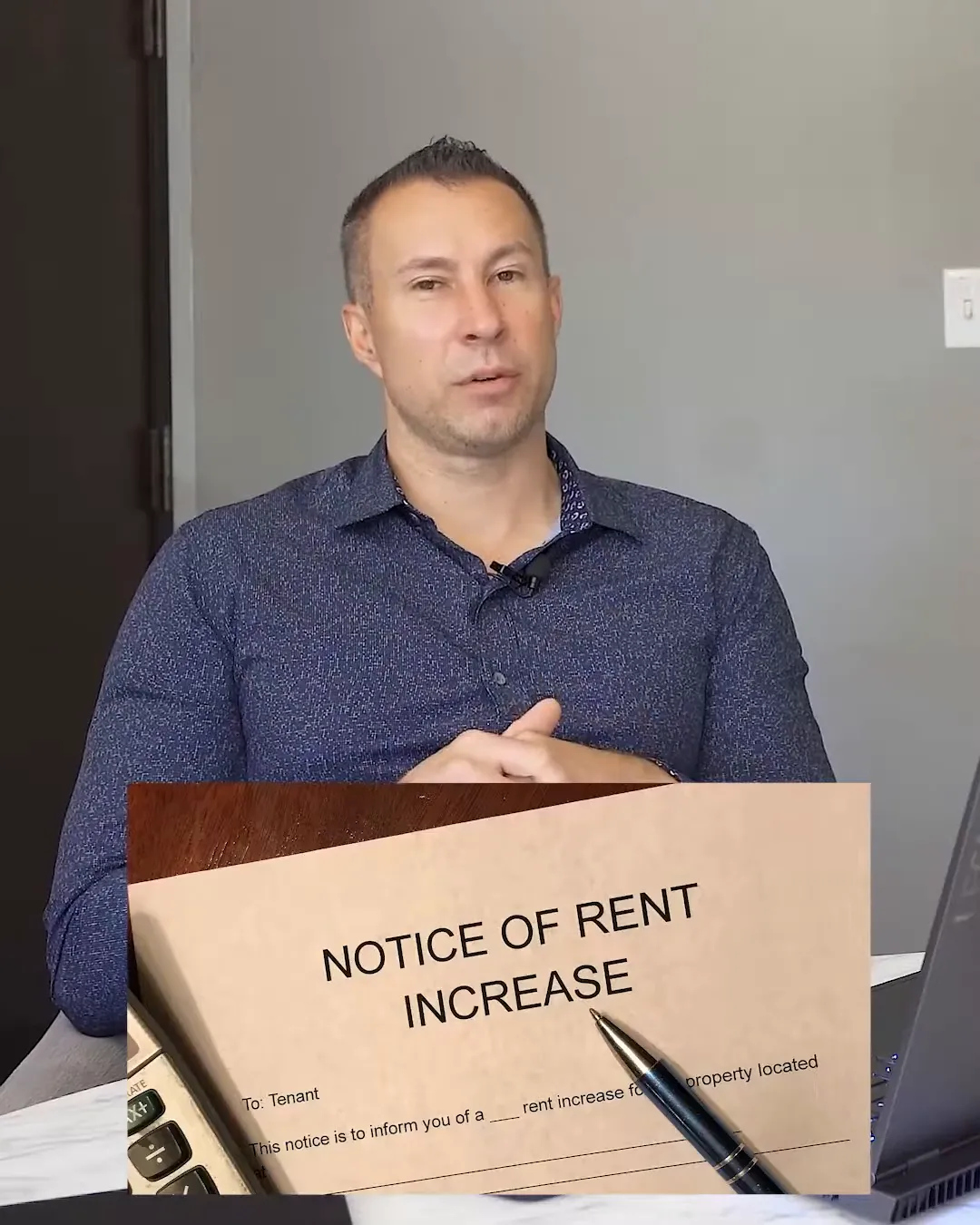
Properties Exempt from AB1482
Understanding what properties are exempt from AB1482 is crucial for landlords. Here are the main exemptions:
- Units that are less than 12 months old.
- Single-family homes owned by an individual landlord, provided they are not owned by a corporate entity.
- Some affordable housing projects that receive government assistance.
It's important for landlords to verify their property's status to ensure compliance with the law.
Understanding Rent Caps
AB1482 imposes strict limits on how much landlords can increase rent. The annual increase is capped at 5% plus the local rate of inflation, or 10%, whichever is lower. This regulation aims to prevent sudden spikes in rental prices.
Landlords must provide written notice to tenants about any rent increase, ensuring transparency in the process. It's essential for landlords to stay informed about local inflation rates to apply the correct cap.
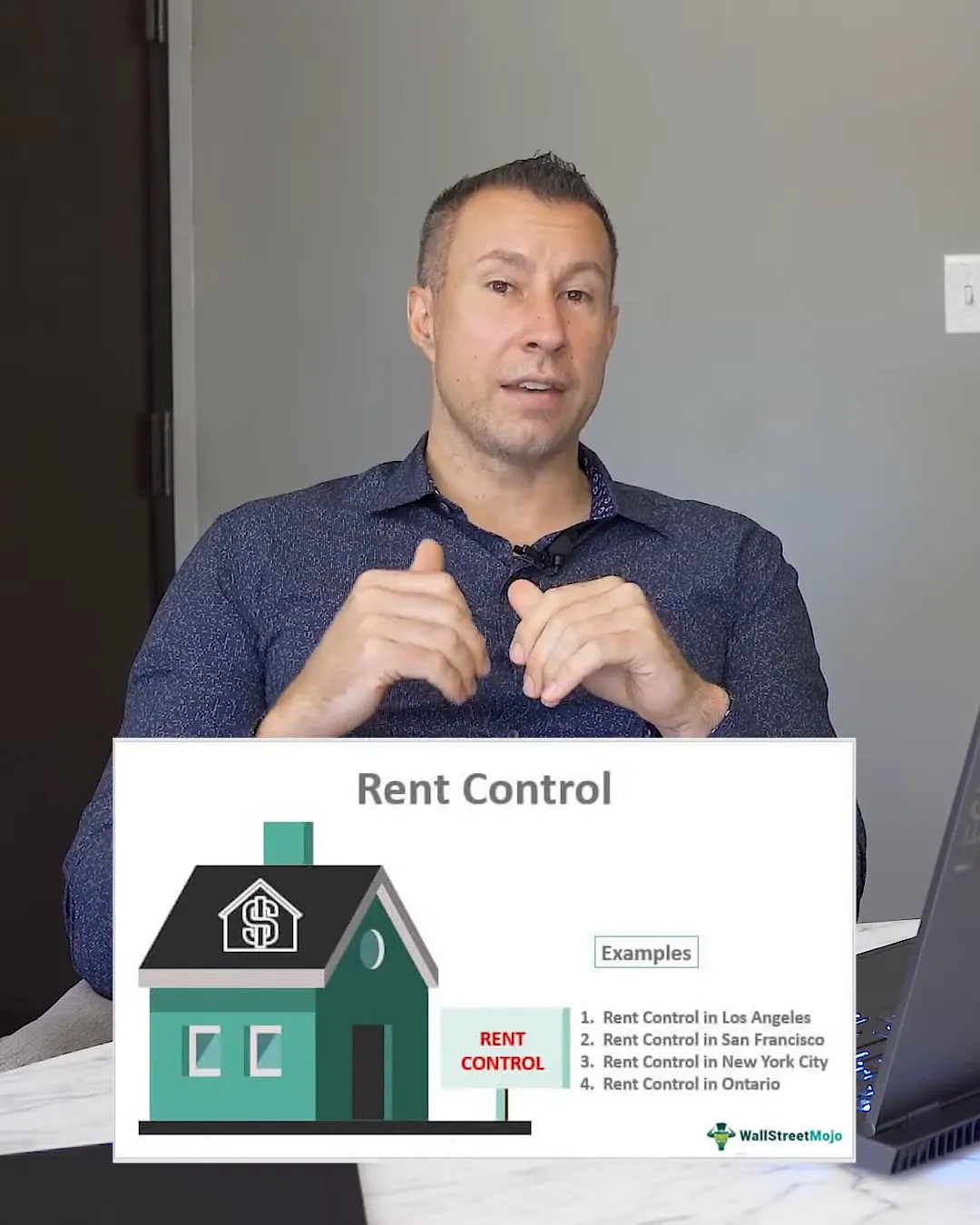
Just Cause Eviction Explained
The just cause eviction provision of AB1482 outlines specific reasons a landlord can terminate a tenancy. This is designed to protect tenants from arbitrary evictions. Here are acceptable just causes:
- Non-payment of rent.
- Violation of lease terms.
- Owner move-in or withdrawal from the rental market.
Landlords must provide proper notice and documentation when initiating an eviction based on these causes. Understanding these rules is vital to ensure compliance and avoid legal issues.
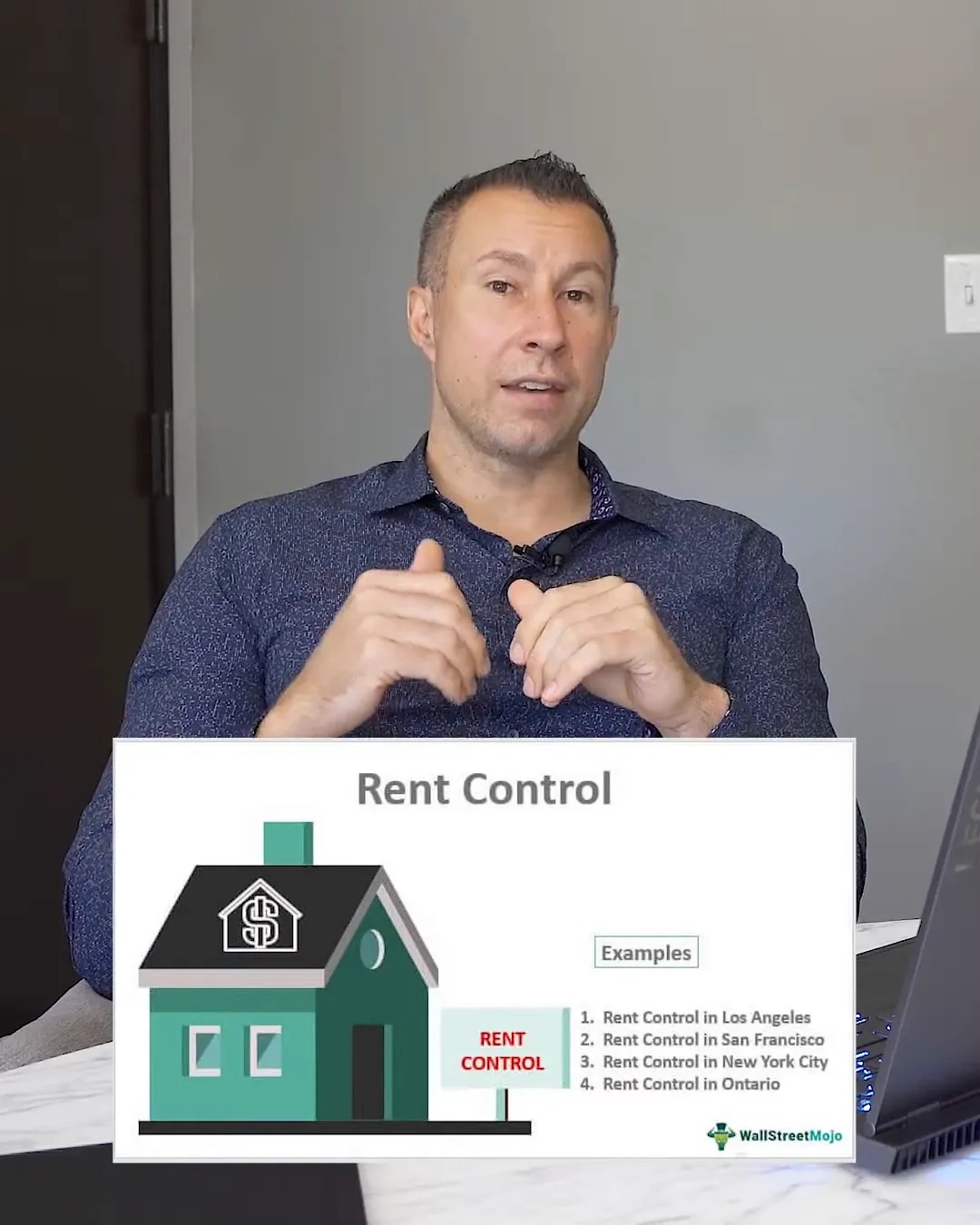
📜 Disclosure Notice
Before diving deeper into AB1482, it’s essential to address a crucial disclaimer. This legislation can be complex, and while this blog provides valuable insights, it is not a substitute for professional legal advice. Always consult with an attorney or tax accountant to ensure you fully understand the implications of AB1482 on your specific situation.
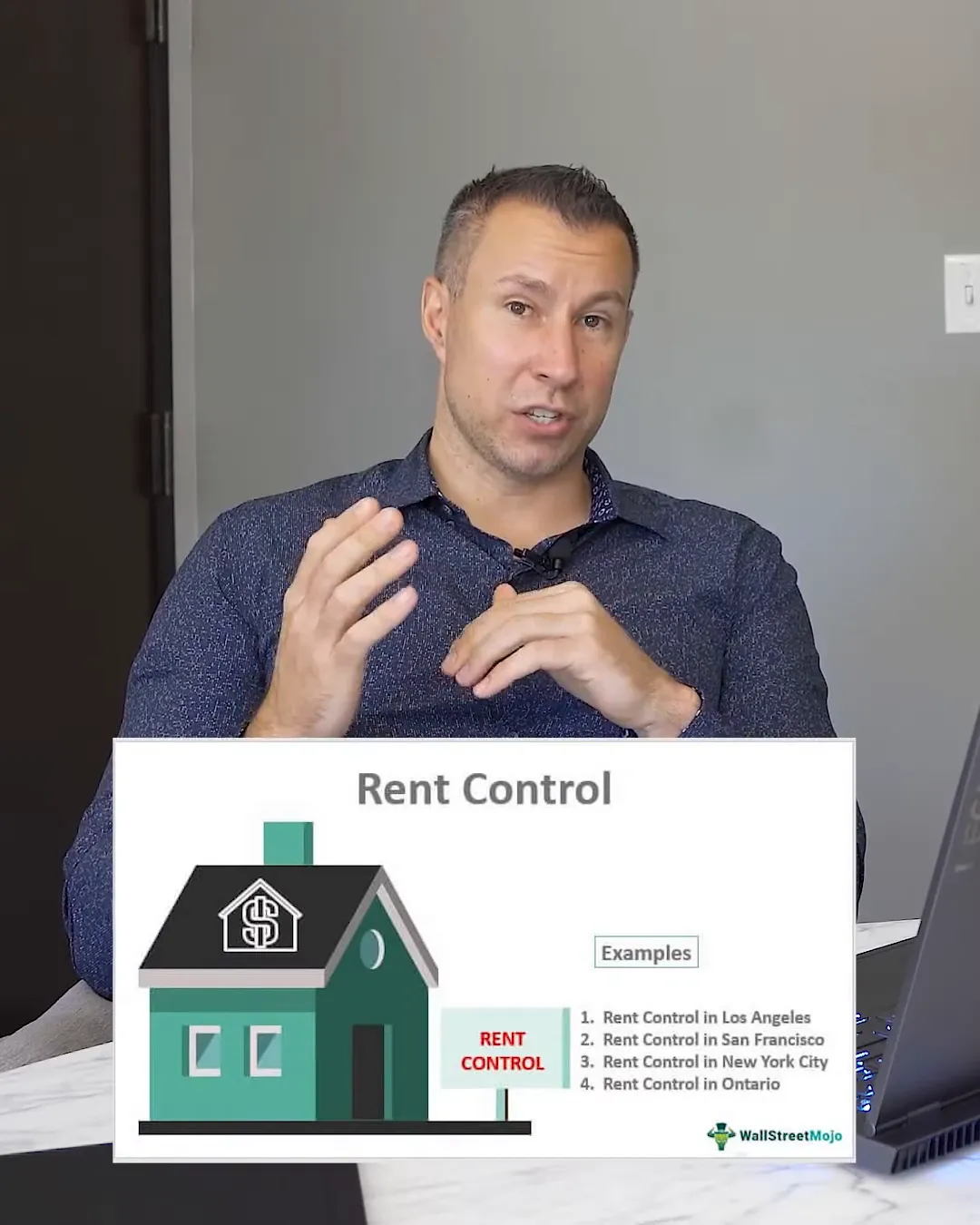
🏘️ Local Rent Control Provisions
Local rent control laws can significantly impact the application of AB1482. In many cases, these local provisions may be stricter than the state law, which means landlords must adhere to the more stringent regulations. It's vital for property owners to familiarize themselves with their local ordinances to ensure compliance.
For example, cities like East Palo Alto have implemented their own rent control measures. These local rules can dictate how much rent can be increased and the conditions under which evictions can occur. Always check for any local ordinances that may affect your rental property.

Key Considerations
- Understand Local Laws: Research your city's specific rent control regulations.
- Stay Informed: Local laws can change, so regularly review updates.
- Consult Experts: Engage with real estate professionals or legal advisors familiar with local regulations.
⏰ Consequences of Missing Deadlines
One of the most pressing concerns for landlords under AB1482 is the potential consequences of missing important deadlines. Landlords are required to provide tenants with certain documents and information by specific dates. Failing to meet these deadlines can lead to significant repercussions.
If landlords do not issue the required notices on time, they may forfeit their ability to impose rent increases or proceed with evictions. This can result in financial loss and legal complications, making it essential for landlords to stay organized and aware of all relevant timelines.

Tips for Managing Deadlines
- Keep a Calendar: Use a calendar to track important dates related to tenant notifications.
- Set Reminders: Utilize digital reminders to alert you ahead of deadlines.
- Document Everything: Maintain records of all communications and notices sent to tenants.
📝 Sample Form for Landlords
To assist landlords in navigating AB1482, here is a sample form that can be used to provide tenants with the necessary exemption notice. This form is crucial for compliance and should be distributed promptly.
Landlords can download the sample form from the provided link. Ensure that all relevant information is filled out accurately to avoid issues down the line. Proper documentation is your best defense in case of disputes.

🌉 Exploring Bay Area Properties
The Bay Area presents unique challenges and opportunities for landlords, especially under AB1482. With a competitive housing market, understanding local regulations is paramount. Each city within the Bay Area may have distinct rules that can affect property management.
Landlords should conduct thorough research on the properties they are considering to ensure compliance with AB1482 and any local ordinances. This includes understanding the rent control laws specific to each area and how they may affect rental prices and tenant rights.

Strategies for Success in the Bay Area
- Market Research: Analyze market trends and rental rates in your target area.
- Networking: Connect with local real estate professionals for insights.
- Community Involvement: Engage with local tenant associations to stay informed about changes in regulations.
❓ Frequently Asked Questions
Landlords often have many questions regarding AB1482. Here are some of the most frequently asked questions along with their answers:
What happens if I miss the deadline to provide tenant notices?
Missing the deadline can result in losing the right to increase rent or proceed with eviction. It’s crucial to adhere to all timelines outlined in AB1482 to avoid these consequences.
Are there any exceptions to the rent caps?
Yes, certain properties may be exempt from the rent caps under AB1482, especially those built after January 1, 2005, or single-family homes owned by individuals. Always verify your property’s eligibility.
How can I stay compliant with AB1482?
Stay informed about the law and any local regulations. Keeping organized records and setting reminders for deadlines can help ensure compliance.
Where can I find more resources on AB1482?
Many local government websites offer resources for landlords, including guidelines and sample forms related to AB1482. Additionally, consulting with real estate professionals can provide valuable insights.
Categories
- All Blogs (314)
- Client Testimonials (19)
- East Palo Alto (81)
- Graeham Watts Home Tours (23)
- Home Buyer's Process (34)
- Home Tours (28)
- Houses for sale in East Palo Alto (13)
- Investing (18)
- Landlord and Tenant Info (9)
- Menlo Park (49)
- Personal (5)
- Real Estate Questions Answered (91)
- Real Estate Tips (86)
- Redwood City (85)
- San Mateo County (10)
- Seller's Process (22)
Recent Posts



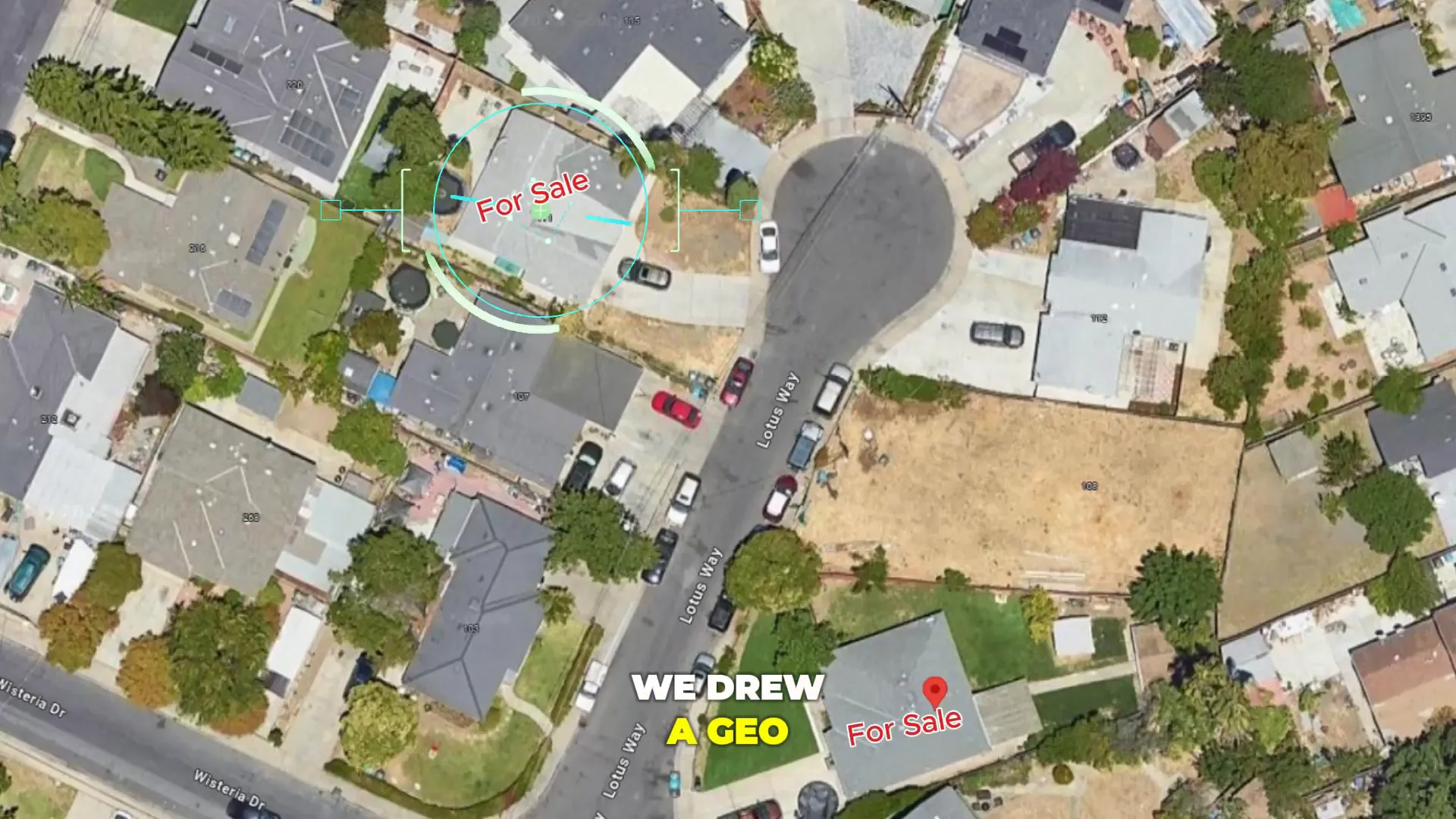




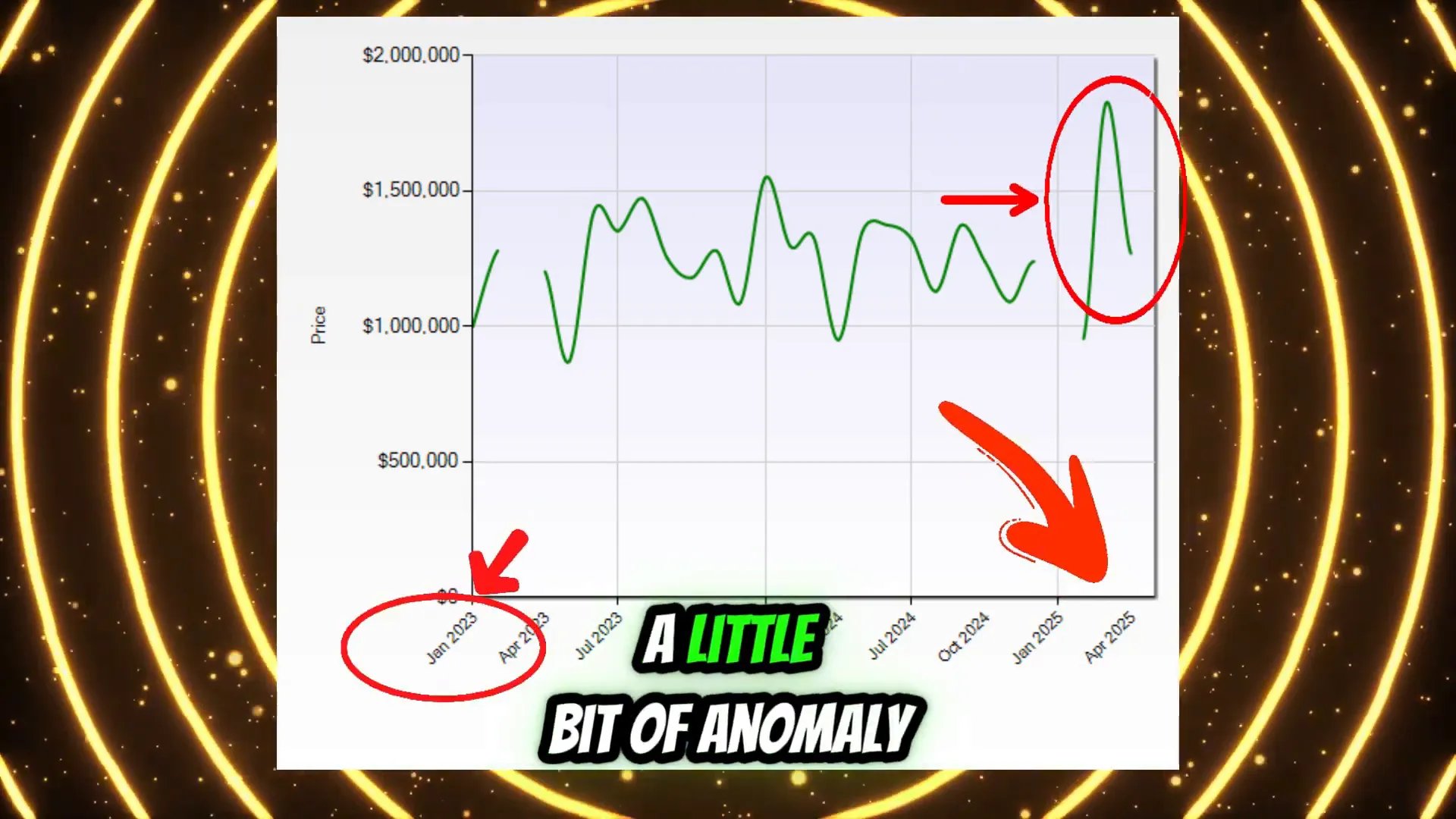

GET MORE INFORMATION

